We’re sharing the third workshop from our retreat with Aerie and think it couldn’t be better timed for the upcoming feasting and festive season.
One of our favorites hostesses, Kara Dykert, joined us in Montauk for a discussion centered around what we eat and why, but this wasn’t your typical talk on food. Instead, it was a look deeper at what hunger truly is and how what we take in can nourish well beyond the physical.
Below are the key takeaways from Kara’s workshop:
EXERCISE: The Power of Verbalization
When I was 21, I had loads of self-hatred. My counselor had me practice verbalization, speaking truth over myself out loud for six months. The crazy thing is that your words narrate your reality — so when you say something OUT LOUD you are actually declaring that truth into the atmosphere.
For me, I needed to believe that I was beautiful. So every day for nearly a year I looked in the mirror and said, “You are beautiful you are beautiful you are beautiful.” OUT LOUD. It’s weird and awkward and ABSOLUTELY amazing. Because after some time, I began to believe it! And then, like food, it got digested into my system to the point where I knew it was true!
What is an area of your life that you feel insecure in? Attacked in? That you have self doubt? Start to name and claim the opposite over your life. NAME out loud the things that are TRUE about you, rather than the lies you’ve been taught to believe.

The Truth About Hunger: We All Have It
Hunger. We experience it daily. It highlights desire and is the body’s capacity to illuminate its own need for nourishment and energy.
I, like many women, have quite a complicated relationship with hunger. It’s been tampered with, manipulated, ignored, over-indulged and completely misunderstood in my life. It is a feeling that I’ve been taught, at times, to control and, at times, to ignore.
Women, food and hunger can be quite a tricky conversation. I think women have been created to love beauty. TO be beautiful. To know and to embody beauty. But, our culture has twisted beauty upside down. It’s turned beauty into control and misappropriated hunger. We’ve been taught to find identity in our beauty instead of letting our true nature and internal, lovely world become the foundation for how we externally express beauty. Two actions can look the same but be internally-motivated oppositely.
If I wake up and get dressed “in order” to feel good about myself, to get the world’s approval, to try to feel lovely, then my motivation will fail me. But if I wake up already feeling beautiful, knowing my value and get dressed as an expression to the world of what is already inside of me, that is powerful.


Hunger Is Not Just Physical
There are many chemical messages being sent in our body that lead us to crave the very thing we don’t want to eat. Why? These messages are telling us that our body needs something and the body is looking for something that will chemically respond to that need (for example, ice cream).
When I’m PMS-ing, I crave dairy. It turns out that dairy contains casomorphins, an opioid that keeps you addicted. So, often what we’re eating is creating patterns within us; by mindfully tracking how food makes you feel and react, you can become more aware of whether that hunger is true or simply an emotional craving that your brain is looking to satisfy. (Read “The Hormone Reset Diet” by Sarah Gottfried for more on this.)
Sometimes I like to sit with the craving for a moment and actually ask my body, “Do I really want ice cream or am I trying to cover or cope with a feeling?” And sometimes I really do just need that bowl of cookie dough! But sometimes, instead of coping with food, we can identify what we actually need.
True Hunger Is Powerful Intuition
Ultimately, hunger illuminates the beauty within us and is an internal connective experience about longing and the awareness of things that will satisfy that longing. It is the body’s biological response to need. And yet, even when we fill our hunger, it doesn’t last. It satiates but then again we need and again we hunger.
Filling ourselves is a repeatable life experience. One that must occur over and over and over again. And when we take care of our hunger, when we listen to it, give voice to it and start to tune into the body’s need, we feel healthier. We operate more efficiently and we start to notice the way that food affects every aspect of our life.
Most of us, at this point in life, know the value of real food. We know the difference between sitting down and enjoying a balanced and healthy meal verses filling up on candy bars and diet coke from the convenience store. We all know that in the long run, we prefer a delicious balanced meal. It makes us feel more satisfied and doesn’t leave us sugar crashing, a bit neurotic and out of control with our cravings.
What could it look like to take this same approach to the “hunger” in other areas of life? Are there longings that we’re trying to satisfy cheaply or ignore all together?
The truth is that what and how we eat says a lot about us. It reveals how we think, what we yearn for and, ultimately, what we believe about ourselves and about life.

Your Body Always Wants to Talk to You
We can all agree that sugar is terrible for us. It’s a drug, it’s addictive and it generally leaves us feeling unsatisfied and lethargic. Insulin is the body’s hormone that decides what to do with a calorie. Insulin decides how to take energy from the foods we eat and then decides what to do with that energy.
When we give the body too much sugar, insulin can turn from being our fat-burning best friend to our fat-storing enemy. Unfortunately, sugar triggers reward centers of the brain and gives us little spikes of dopamine (that feel good chemical). When we overdo it on sugar on a consistent basis, our body begins to crave more to get that same dopamine high, which can trigger the brain to overeat, even addictively.
Often times with women, a lack of self control around food can create massive problems of shame and guilt; however, the reality is that there may simply be an internal hormonal imbalance that could be reset by intaking the right foods, not starving yourself out of guilt because you ate too much chocolate. We can offset this by mindfully replenishing the body with good things, things that make our guts feel good and not starving ourselves as a form of punishment or atonement for “bad” eating.
Our bodies were created to function well. When that isn’t happening, make it a practice to listen. Listen to why your body may be upset. I even like to practice having a conversation with my body. Highly cheesy, but ultimately effective, I’ve found that asking “stomach, why are you upset?” slows me down enough to be mindful of what could be going on internally.
Movement, laughter, dancing, yoga and HUGS! are all known to stabilize hormones and create more of those endorphins that keep us feeling good, loved and safe.
Images via Morgan Ashley Johnson

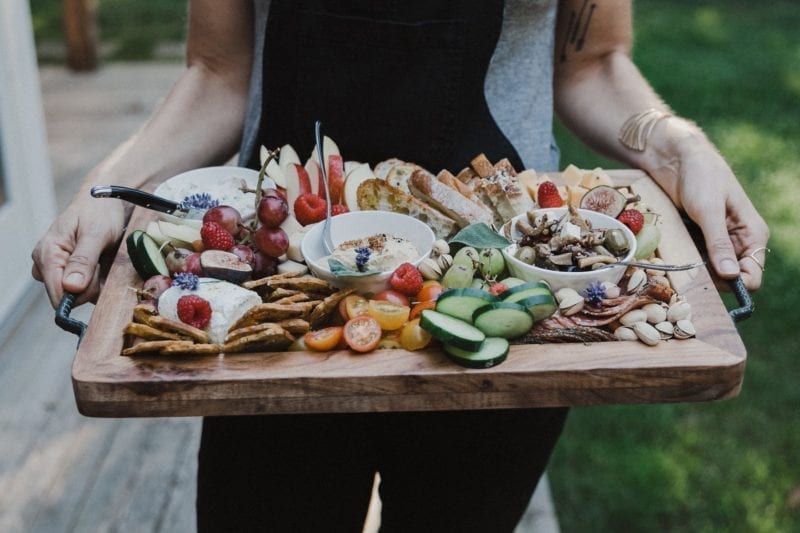
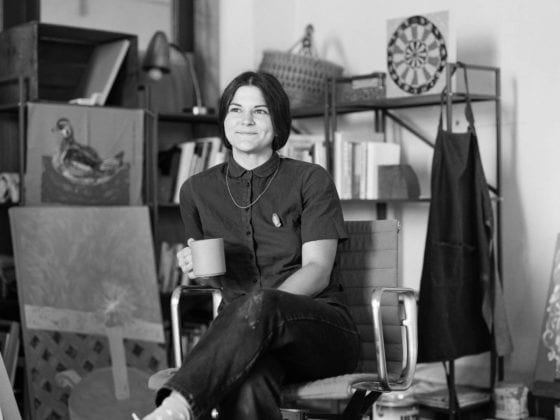
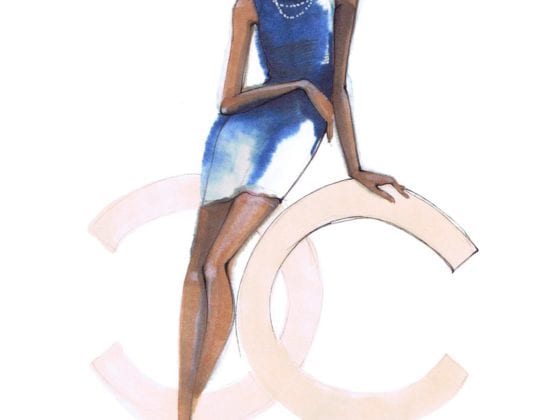



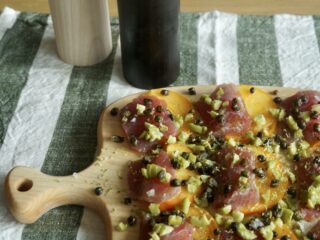


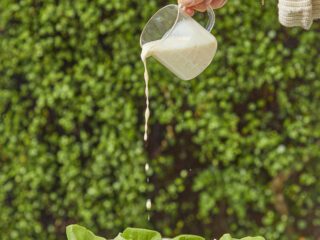
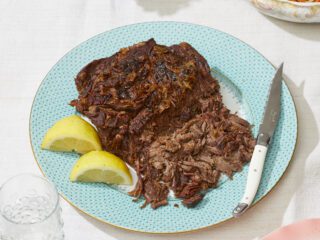
2 comments
I love this! It’s a lot of the focus of the work I do with my cooking!
Love the sensitive approach mentioned in this post about eating right. I have the worst binging habits, and the text really touched me deeply. I know what you mean about the feeling of self-hatred – it still takes all my strength, even now that I’ve developed a better attitude to eating, to rid that little voice in my head.
–
Charmaine Ng | Architecture & Lifestyle Blog
https://charmainenyw.com